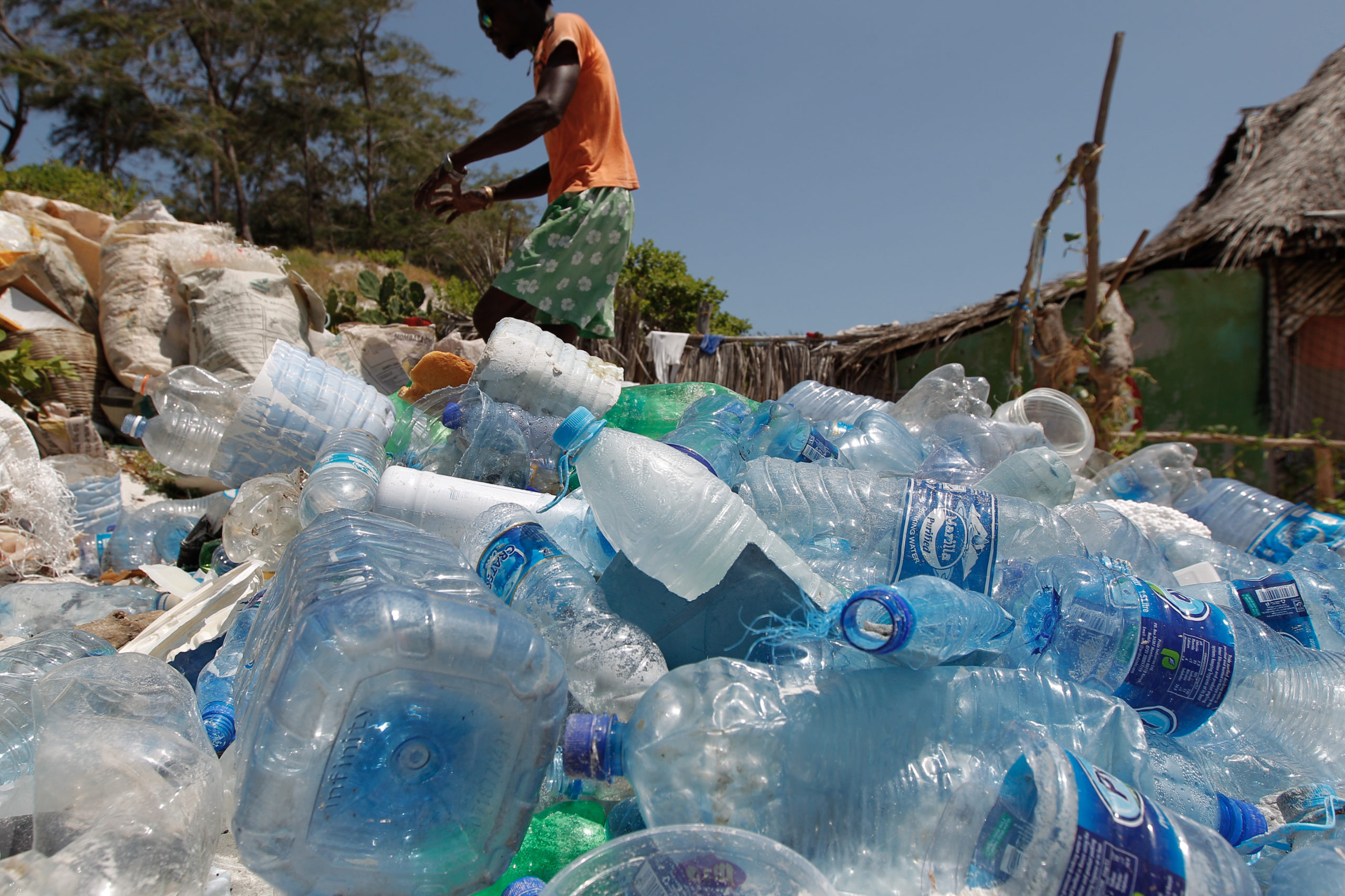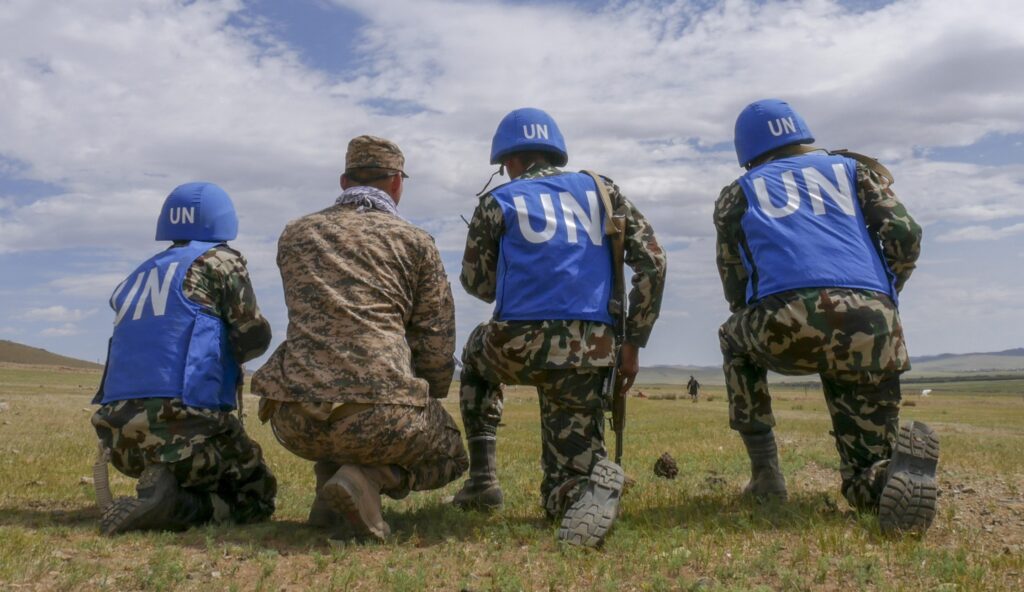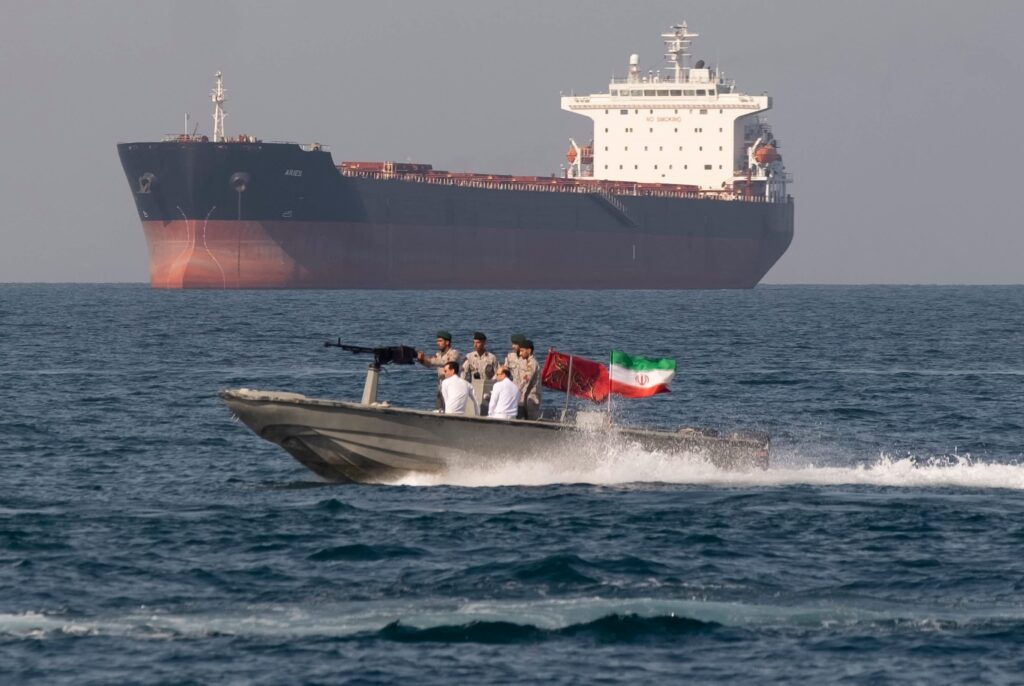By Kelli Meyer
The United Nations system is comprised of the UN, which is headquartered in New York, and more than 30 affiliated organizations—known as programs, funds, and specialized agencies—with their own membership, leadership, and budget processes.
In our “Meet the (UN) Family” series, we’re looking at the UN entities that might not always make the headlines but play an integral part of the UN’s mission to promote global peace and prosperity.
Up next: UN Environment (UNEP).
Did you know that our oceans will contain more plastic than fish by 2050? You read that correctly, if plastic pollution continues at this rate, the expression “there are plenty of fish in the sea” will quite literally no longer be true.
Fortunately, there is a UN agency that works to solve problems like plastic pollution, UN Environment. As the leading global environmental authority, UN Environment sets the global environmental agenda and advocates for sustainability across the planet. If the Earth had a bodyguard, it would be them.
Protecting Our Oceans
Through its #BeatPlasticPollution campaign, UNEP has galvanized the global community to break up with single-use plastic, which generates more than 8 million tons of waste in the ocean every year. Nations around the world have taken up the cause: in just one year, Israel reduced its plastic bag consumption by 80 percent and New Zealand recently announced it would ban plastic bags entirely. Here in the U.S., Seattle became the largest metropolitan city to outlaw the single-use plastic straw. Countless other nations have made strong commitments to limit marine waste and improve recycling, too.
With many countries, including the U.S., relying on the ocean for tourism and economic benefits, protecting fragile marine ecosystems is a key priority. Plus, given that 60 percent of the world’s oceans are outside of any country’s jurisdiction, UNEP’s work to protect our oceans is incredibly valuable and not something the U.S., or any country for that matter, can do alone.
Reducing Air Pollution
Air pollution kills nearly 7 million people every year around the world. This figure could actually rise in several regions, especially in Latin America and the Caribbean where emissions from the transportation sector are rapidly growing.
To combat this issue, UNEP is working with countries to expand their national electric mobility strategies, including the use of electric buses. Although this may seem irrelevant to the U.S., air pollution and climate change are issues without borders. Actions to reduce emissions abroad benefit health and security at home.
Minimizing the Environmental Consequences of Crises
In Iraq, UN Environment has played a role in helping Mosul recover environmental damage—such as oil and sulfur pollution—in the city following the liberation of the city from ISIL. UNEP has been on the ground working to carry out a rapid scoping mission to identify the environmental hazards and providing scientific advice and training to the Iraqi government on how to clear up the mess.
Environmental issues directly impact our health and our economies. The bottom line is that we can’t live a healthy life on a sick planet, which makes UN Environment’s work ever-more critical.




